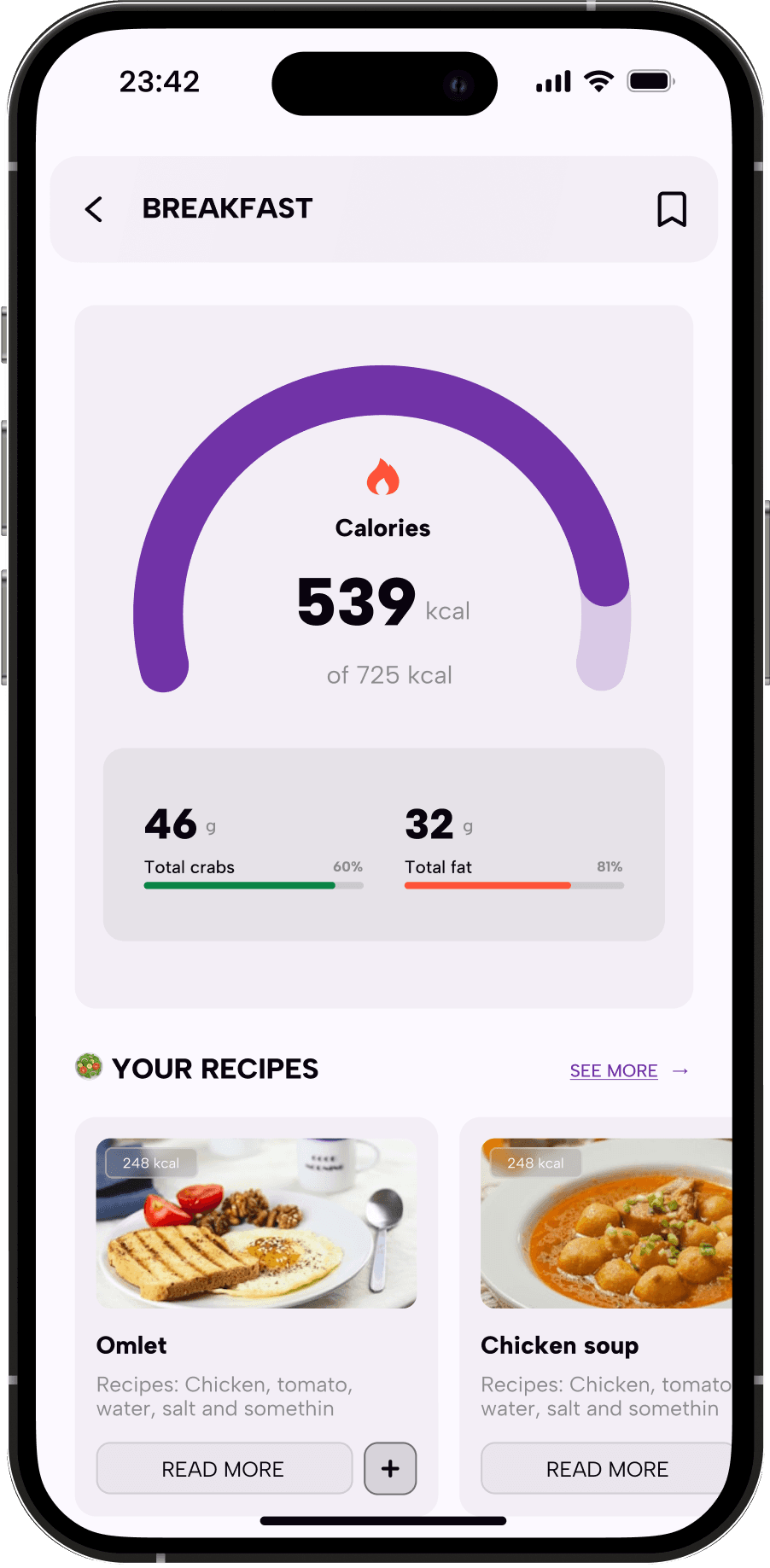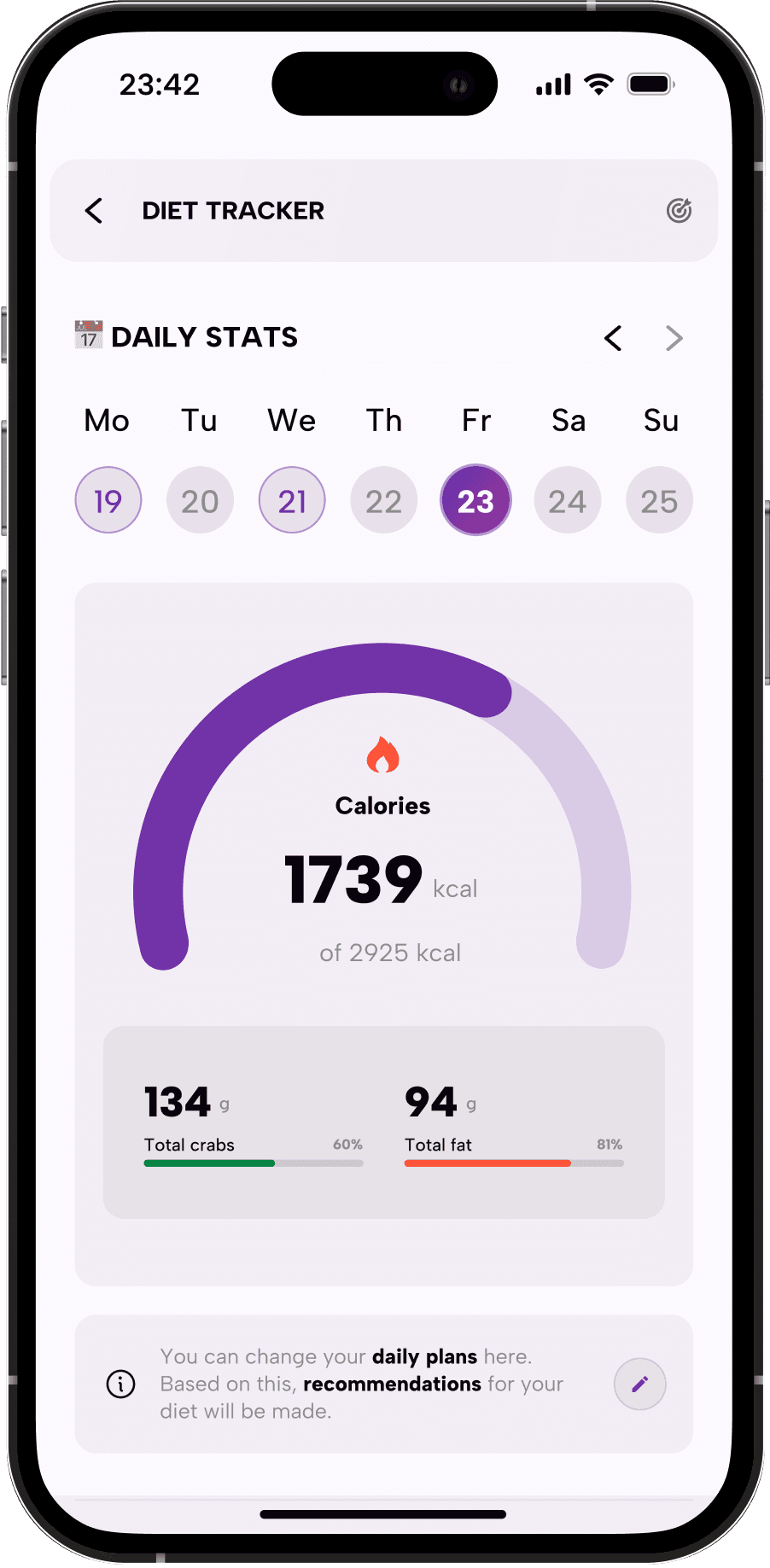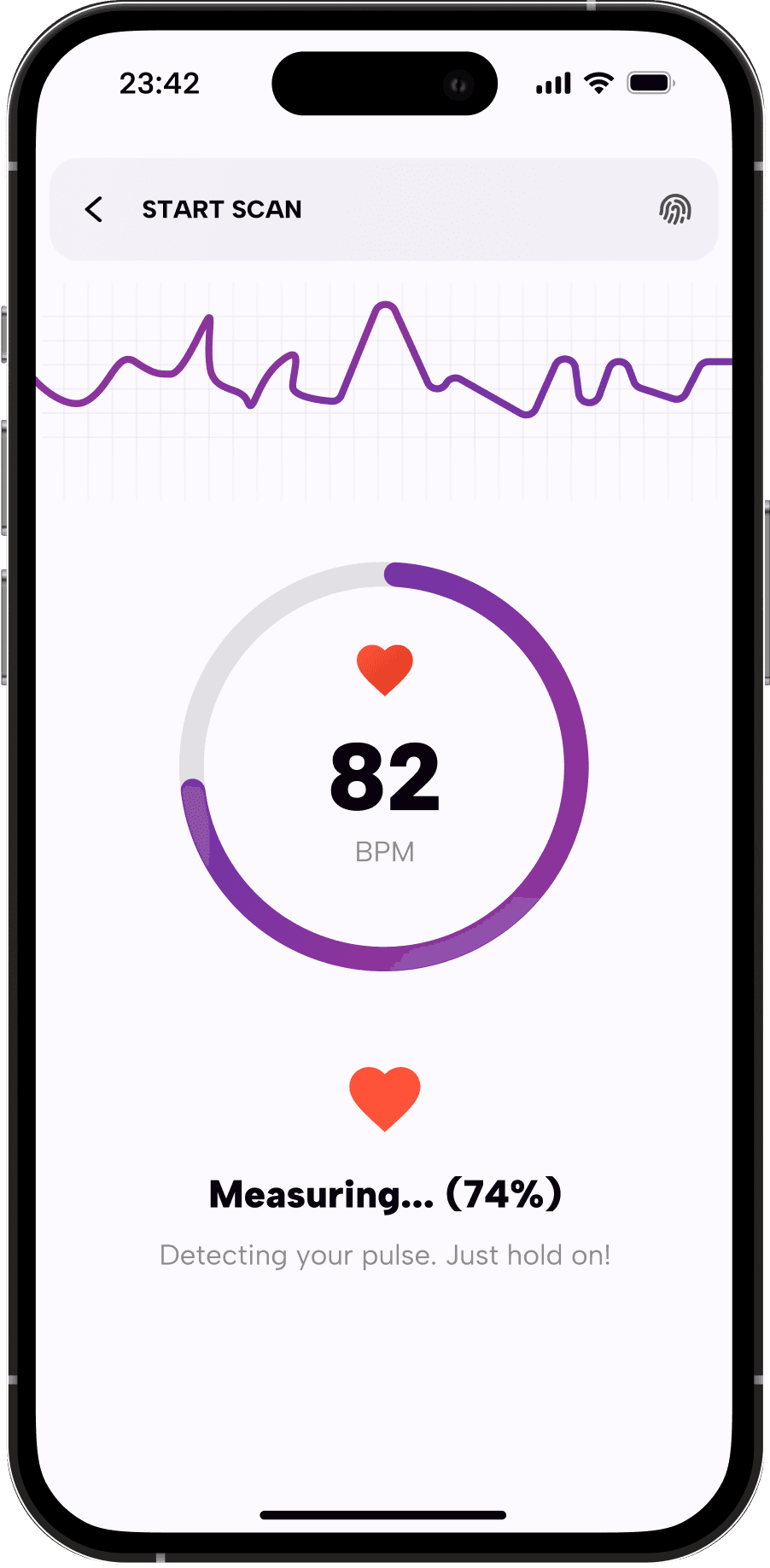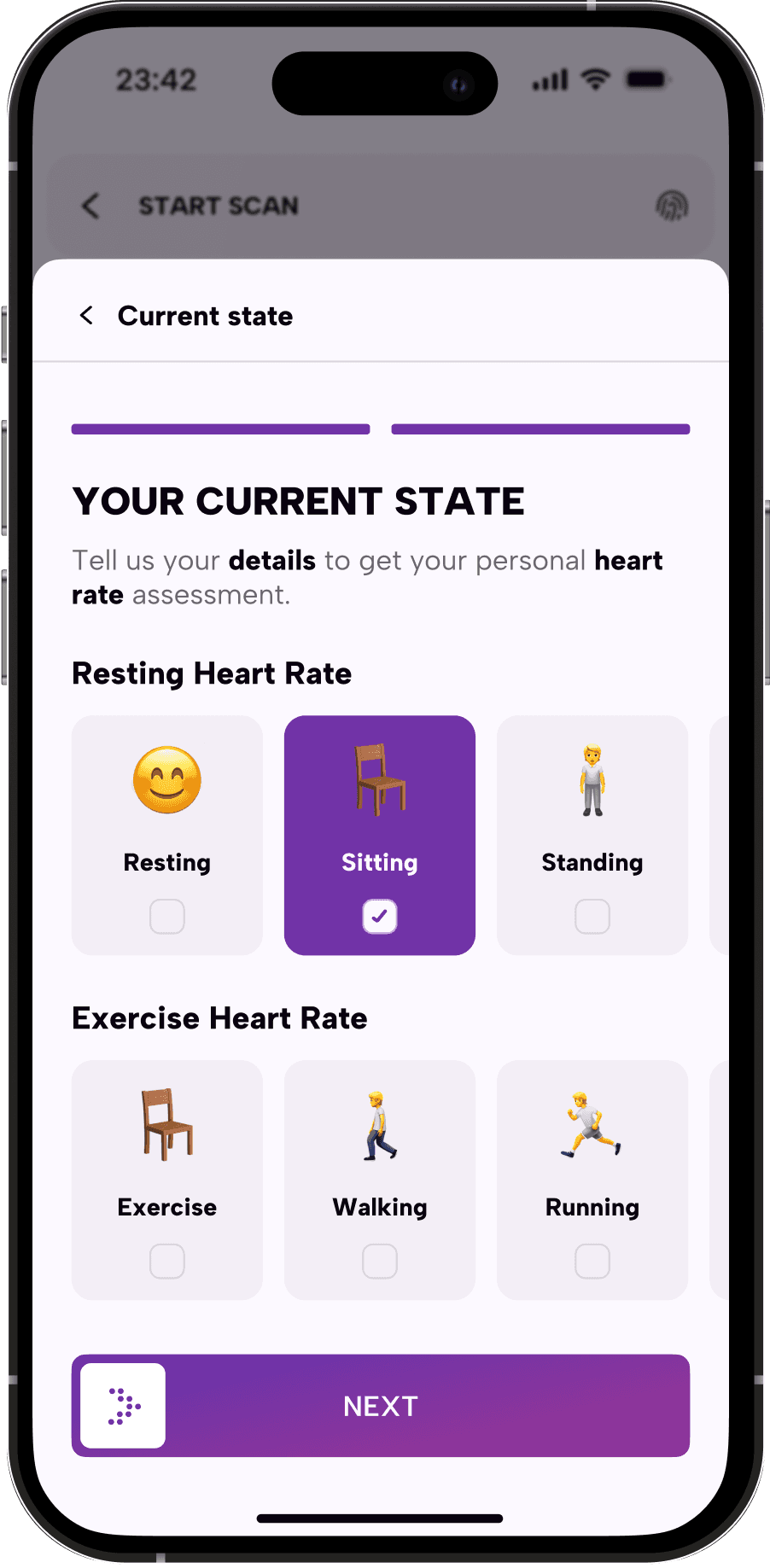Top Tips for Building a Healthy Meal Plan Every Week
John Doe
time
2 min. to read
Creating a balanced meal plan can feel daunting, but with a few key tips, you can simplify the process and enjoy nutritious, satisfying meals every day
Building a healthy meal plan isn’t just about choosing low-calorie foods—it’s about finding the right balance of nutrients to fuel your body and support your wellness goals. Here are some tips to help you get started:
1. Focus on Nutrient-Dense Foods
Choose whole, nutrient-dense foods like vegetables, lean proteins, whole grains, and healthy fats. These foods provide essential vitamins and minerals that support everything from energy levels to immune function. Try to incorporate a variety of colorful vegetables and fruits into each meal for an added boost of antioxidants and fiber.
2. Plan for Balanced Macros
Strive for a balance of protein, fats, and carbohydrates in each meal. Carbs provide quick energy, while protein keeps you full and supports muscle repair. Healthy fats, like those found in avocados and nuts, are essential for brain function and hormone regulation. Adjust your portions based on your personal goals, whether you're focused on muscle gain, weight loss, or simply maintaining a healthy weight.
3. Include Snacks Wisely
Healthy snacks can keep your metabolism active and prevent overeating at mealtime. Options like Greek yogurt, nuts, or fresh fruit offer a nutritious boost without unnecessary sugar or empty calories.
4. Stay Flexible and Enjoy Variety
A healthy meal plan doesn’t have to be rigid. Experiment with new recipes and ingredients to keep your meals interesting. Rotating foods can help prevent nutritional gaps and make meal planning a fun, creative process.
5. Use Tools to Make Planning Easier
Apps like VitaPulse make meal planning easier by offering personalized meal suggestions based on your goals and preferences. A little help with portion control, nutrition tracking, and meal ideas can transform your approach to healthy eating.
Building a meal plan that works for you takes some time, but with these tips, you’ll be well on your way to achieving a balanced, nutritious diet that supports your health goals.
















